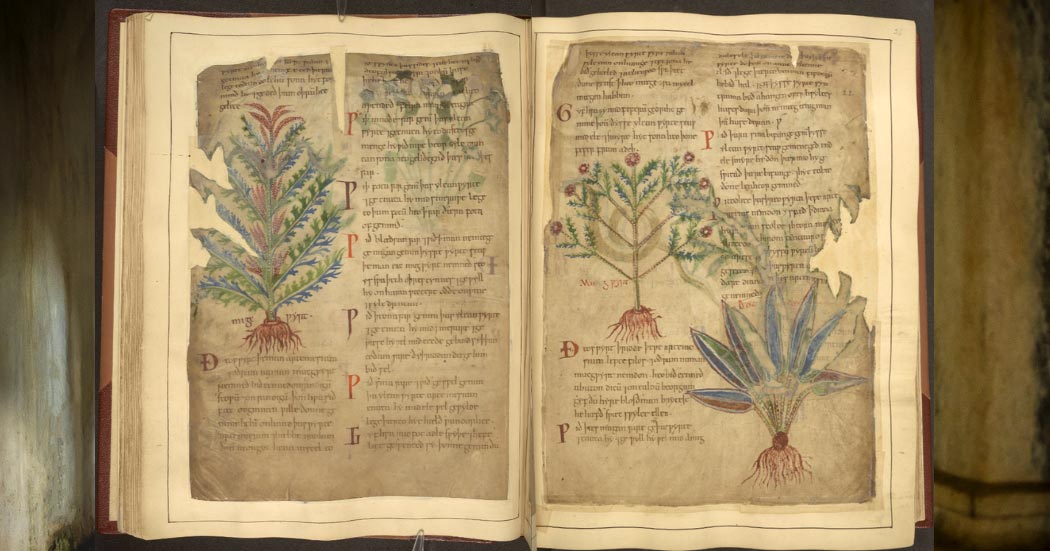📜 Medieval medical remedies revealed, and some actually work!
Published by Adrien,
Source: Corpus of Early Medieval Latin Medicine (CEMLM)
Other Languages: FR, DE, ES, PT
Source: Corpus of Early Medieval Latin Medicine (CEMLM)
Other Languages: FR, DE, ES, PT
Follow us on Google News (click on ☆)
Medieval manuscripts unveil surprisingly modern treatments, such as lizard-based shampoos or rose oil ointments. These discoveries challenge our perception of medical knowledge from that era. Researchers highlight the curiosity and experimentation that characterized these practices.

Medieval medicine may not be as archaic as we think
An international team has analyzed hundreds of medical manuscripts, nearly doubling the number of known texts. These documents, often written in the margins of non-medical works, demonstrate a constant concern for health. The described treatments, though ancient, find echoes in current wellness trends.
The Corpus of Early Medieval Latin Medicine project has enabled the rediscovery of forgotten remedies. Among them, a rose oil treatment for migraines, whose effectiveness has been partially confirmed by modern studies.
Research continues to shed light on the extent of medieval health knowledge. Scientists are now working to translate and teach these texts, offering a more complete vision of medicine from that time. This initiative opens new perspectives on the history of science.

Manuscripts like Cotton MS Vitellius C III reveal the use of herbs in medieval treatments.
Credit: The British Library
How are medieval remedies influencing modern medicine?
Medieval remedies, often considered obsolete, are now inspiring alternative approaches in medicine. Recent studies have validated the effectiveness of certain plants used at that time, such as rose for migraines.
This rediscovery underscores the importance of revisiting ancient knowledge with modern scientific methods. Researchers are identifying active compounds in these remedies, paving the way for new therapies.
The interest in these ancient practices also reflects a quest for more natural health solutions. Consumers are increasingly drawn to traditional treatments perceived as less invasive.
This trend could lead to a broader integration of historical knowledge into contemporary medical research.
Why are medieval manuscripts a valuable source for historians?
Medieval manuscripts offer a unique window into the practices and concerns of the era. They reveal a society engaged in exploration and experimentation, far from the stereotypes of the Dark Ages.
These documents, often written in the margins of religious or literary works, show the omnipresence of health in daily life. They testify to a transmission of knowledge that transcends disciplinary boundaries.
The discovery of new manuscripts enriches our understanding of medieval medicine. It allows for reconstructing a more nuanced picture of the period's knowledge.
These texts are also an invaluable resource for studying the evolution of languages and cultures across centuries.